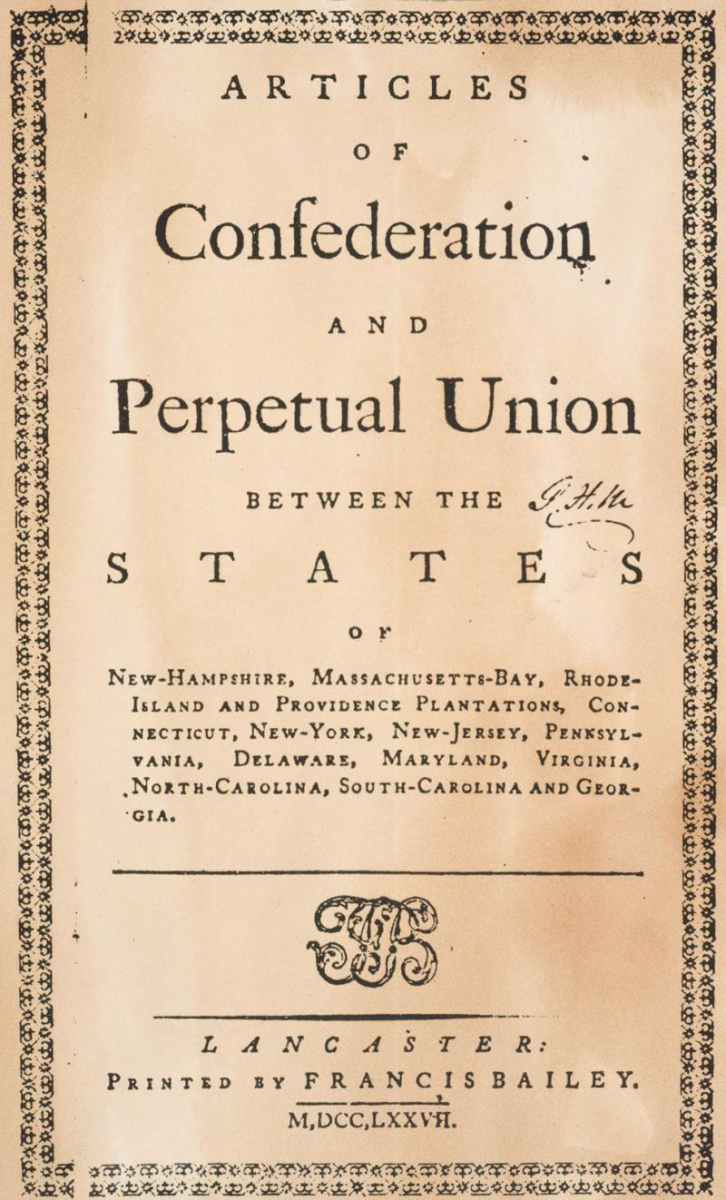John Williams - One of America's Founding Fathers
Related Posts
- Buy Tickets for The Constitutional Walking Tour of Philadelphia – See 20+ Sites on a Primary Overview of Independence Park, including the Liberty Bell and Independence Hall
- Independence Hall
- Second Continental Congress
- America's Founding Fathers
Birth: March 14, 1731
Death: October 10, 1799 (age 68)
Colony: North Carolina
Occupation: Plantation Owner, Lawyer, Politician
Significance: Signed The Articles of Confederation (at the age of 47); served as a member of the Continental Congress (1778-1779)

John Williams was one of the Founding Fathers of the United States. Born in North Carolina, Williams was born into a prominent Colonial family that had its roots in Virginia. Williams' father, also named John Williams, was the namesake of the town in which Williams grew up, Williamsboro, North Carolina. Williams studied law and began his legal practice in North Carolina.
Williams supported American independence and left his law practice in 1775 to join the North Carolina Militia. Williams served as Colonel in the Revolutionary War until 1777 after he was elected to serve in North Carolina House of Commons. During this time, Williams also was appointed to the Court of Congress in 1778, the Superior Court of North Carolina at the time.
In April of 1778, Williams stepped down from his position in order to serve in the Second Continental Congress. While in the Continental Congress, Williams was present when the first signers of the Articles of Confederation signed the Articles on July 9, 1778. However, Williams himself was not able to sign the Articles of Confederation until they were ratified by his Colony of North Carolina. After news arrived in Philadelphia that North Carolina had ratified the Articles, Williams signed the Articles on July 21, 1778.
Williams left the Continental Congress and returned to North Carolina in 1779. Upon his return to North Carolina, Williams was reappointed to his seat on North Carolina's Superior Court. While sitting on the Court, Williams heard the important case of Bayard v. Singleton in 1787. In this landmark case, Williams was one of three judges that ruled that a North Carolina law had to be nullified because it was unconstitutional and directly contradicted the North Carolina Constitution. This case, Bayard v. Singleton, is one of the first legal precedents for judicial review in America. Judicial review was applied by the Supreme Court sixteen years later in 1803, in the case of Marbury v. Madison. The establishment of judicial review in the Supreme Court was groundbreaking decision which played a major role in shaping the United States Supreme Court into the court that it is today.
In 1789, Williams was one of the founders of the University of North Carolina. Williams died in 1799.
John Williams in Philadelphia
John Williams traveled to Philadelphia to serve as a member of the Second Continental Congress. While in the Continental Congress, Williams worked at Independence Hall, where he signed The Articles of Confederation.
Today, Independence Hall is one of the stops visited along The Constitutional Walking Tour!



